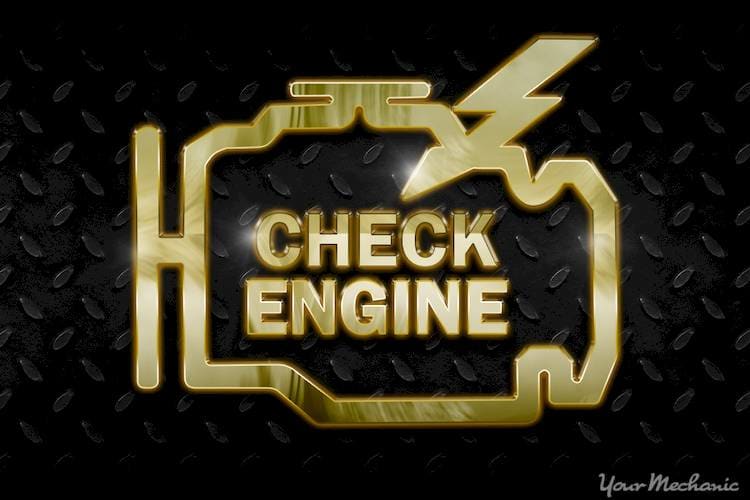P0162 code definition
Trouble code P0162 is set when a malfunction is detected on the bank 2 sensor 3 oxygen sensor circuit.
What the P0162 code means
Bank 2 refers to the side of the engine opposite of cylinder number one. Sensor 3 means that it is the third sensor in the exhaust, which usually monitors the efficiency of the catalytic converter.
This code means that the powertrain control module has detected a fault in the circuit for the oxygen sensor for bank 2 sensor 3. The Check Engine Light will illuminate to let the owner know that there is a problem with the emissions system.
What causes the P0162 code?
Trouble code P0162 sets when the engine management computer does not detect any activity on the oxygen sensor circuit for bank 2 sensor 3.
Generally, an oxygen sensor’s voltage will vary up and down. The first sensor in the exhaust varies voltage very quickly and the voltage variance is greater.
The second sensor varies slower and the voltage variance is smaller due to the catalyst in the exhaust.
When the computer detects that there is no activity, or variance, in the voltage it sees this as a problem and sets this error code.
What are the symptoms of the P0162 code?
The main symptom for this code is that the Check Engine Light coming on. There are no drivability problems typically associated when this code sets.
How does a mechanic diagnose the P0162 code?
As with any oxygen sensor code, the technician will perform a visual check of the oxygen sensor harness to check for any obvious signs of damage. These wires are under the vehicle and are susceptible to damage by road hazards.
Next, they will check the terminals of the connector for any signs of corrosion or water intrusion. These will cause the voltage readings to be incorrect causing an error code.
Next, they will check the resistance of the oxygen sensor itself and make sure it is within specifications.
After the oxygen sensor resistance is checked, they will need to measure the reference voltage from the powertrain control module.
If all of these checks turn out okay, it is most likely a faulty oxygen sensor.
A quick way to check for this is to monitor the voltage of the sensor with a scan tool and either introduce a vaccuum leak or an extra fuel source to the vehicle.
This should change the voltage reading to one extreme or the other for the sensor. If there is no change this confirms that the sensor is not reading correctly.
Common mistakes when diagnosing the P0162 code
The most common mistake would be replacing the oxygen sensor without performing any diagnostics. Without performing an inspection, you may replace the sensor without actually fixing the problem.
The next common problem would be be replacing the wrong sensor. Depending on the engine configuration it is possible to get the cylinder banks confused if you do not consult the service information for the vehicle you are working on.
How serious is the P0162 code?
There will be no drivability concerns related to this trouble code. However, this trouble code will cause you to fail an emissions test if test equipment is connected to the engine computer to check for codes. If they run your car on a dyno there is a possibility that your car may pass the test as long as there are no other issues.
What repairs can fix the P0162 code?
The most common repair is replacing the faulty oxygen sensor. After that, I would say that wiring repairs are the next most common repair for this trouble code.
Need help with a P0162 code?
YourMechanic offers certified mobile mechanics who will come to your home or office to diagnose and repair your vehicle. Get a quote and book an appointment online or speak to a service advisor at 1-800-701-6230.
Check Engine Light
trouble codes
P0162





